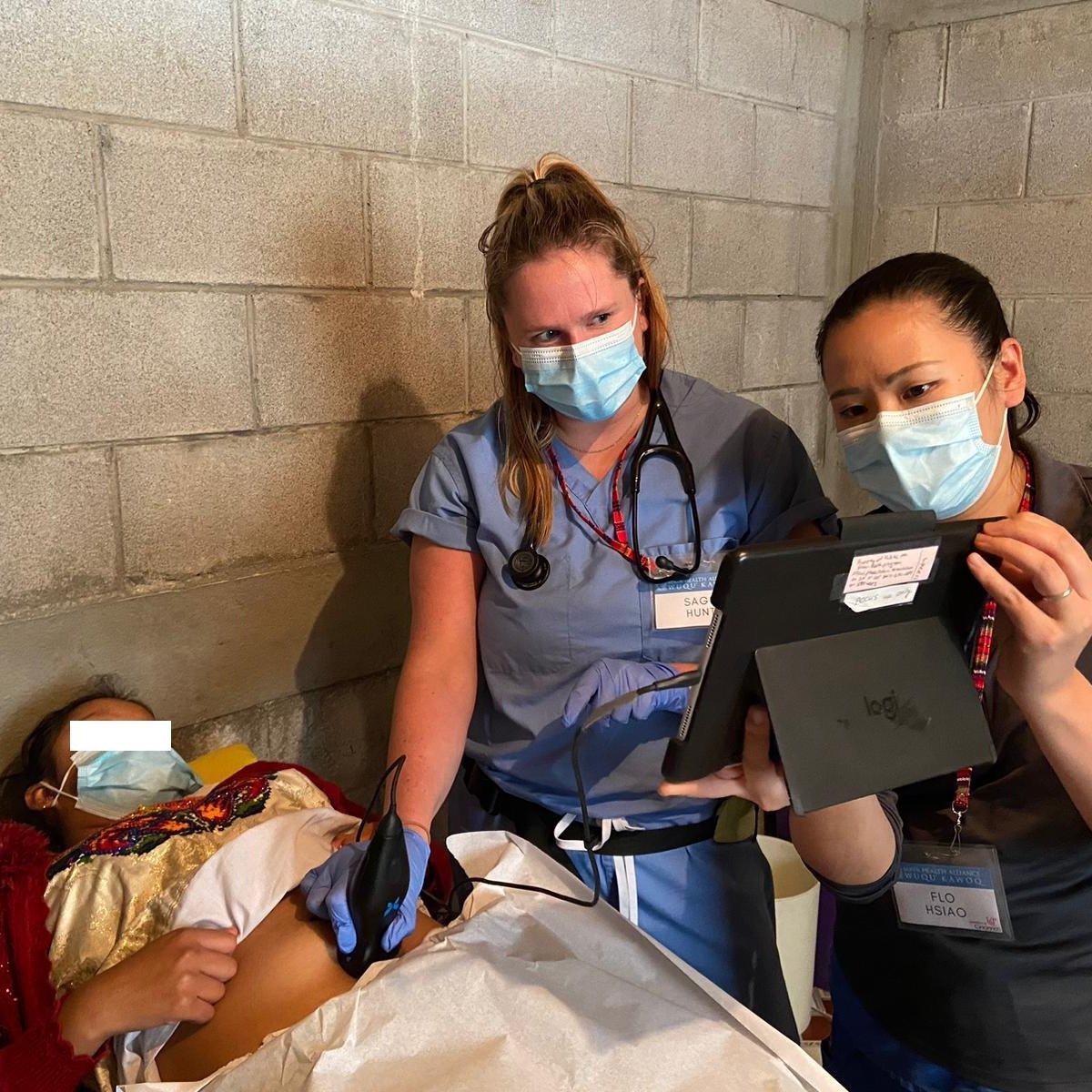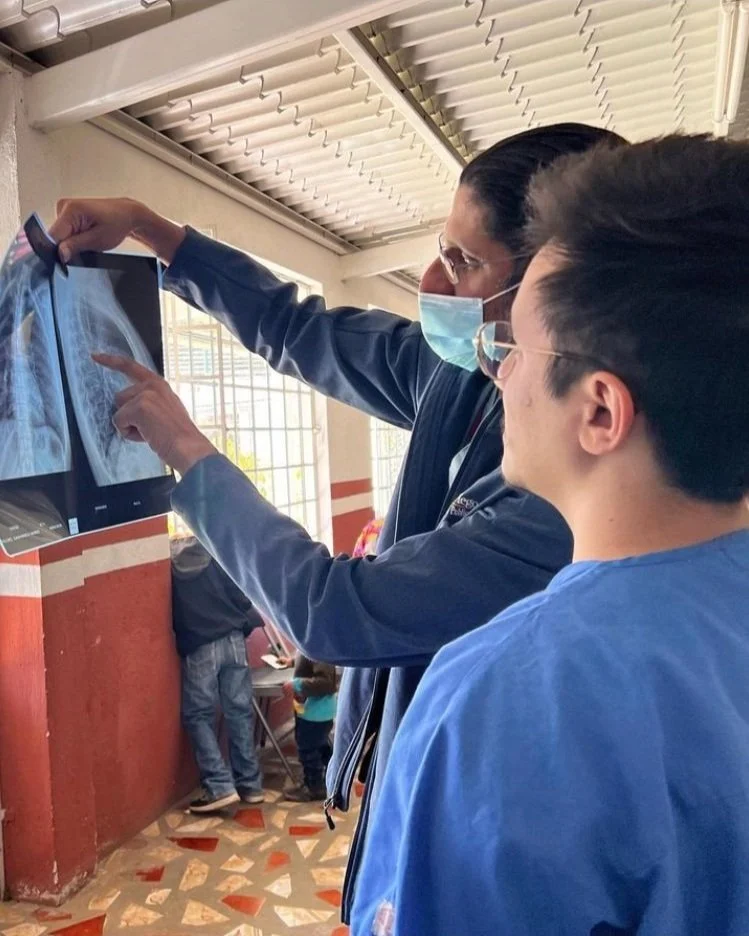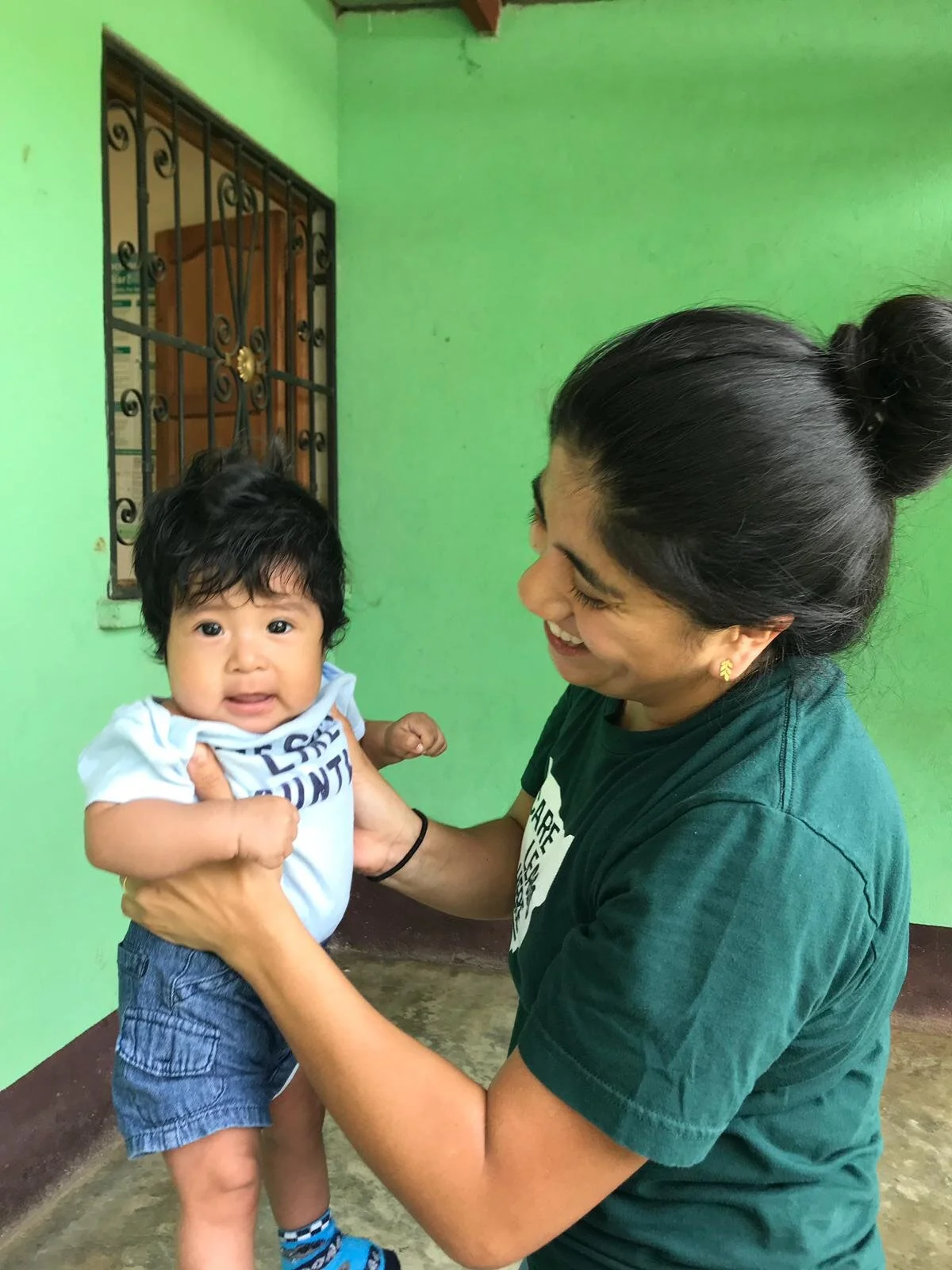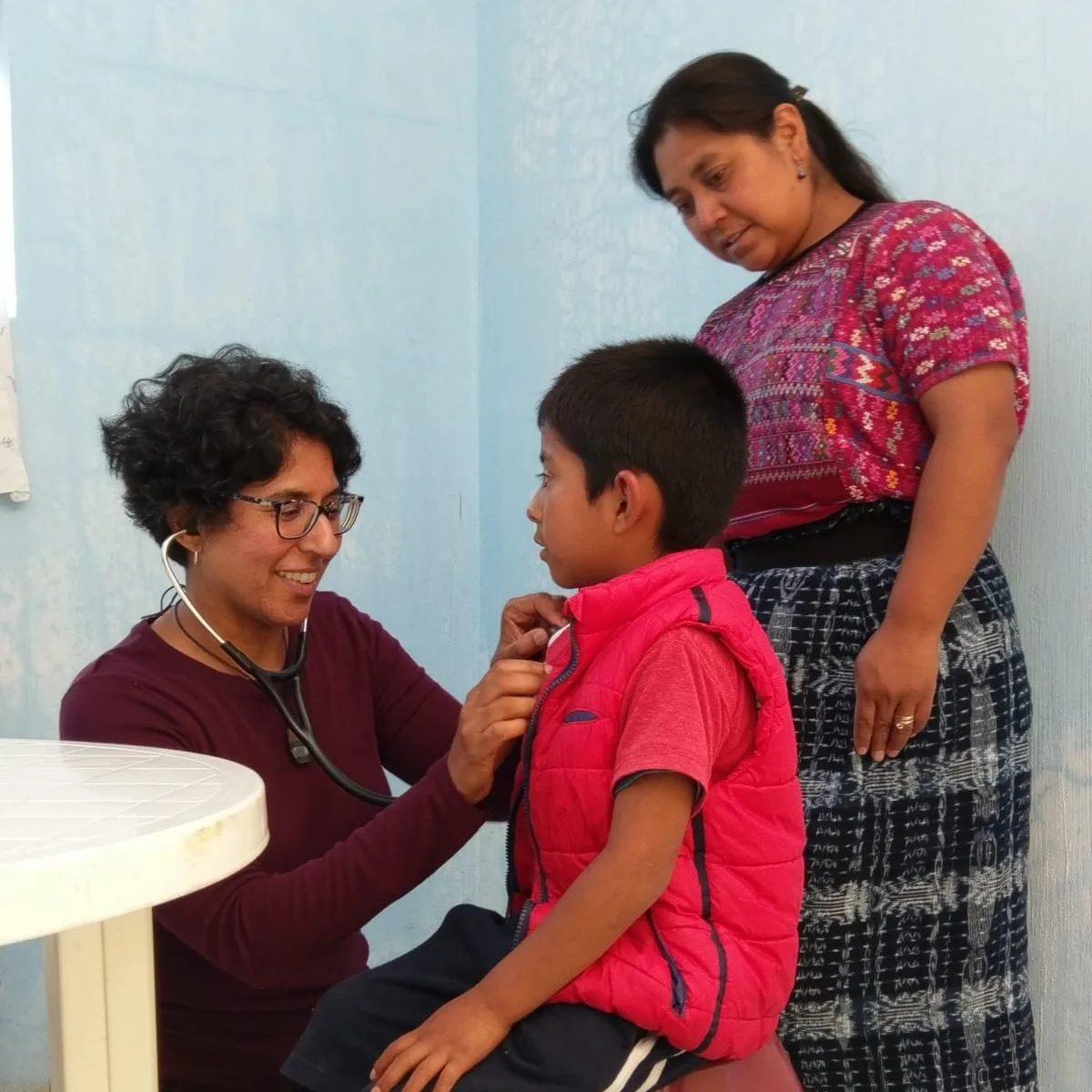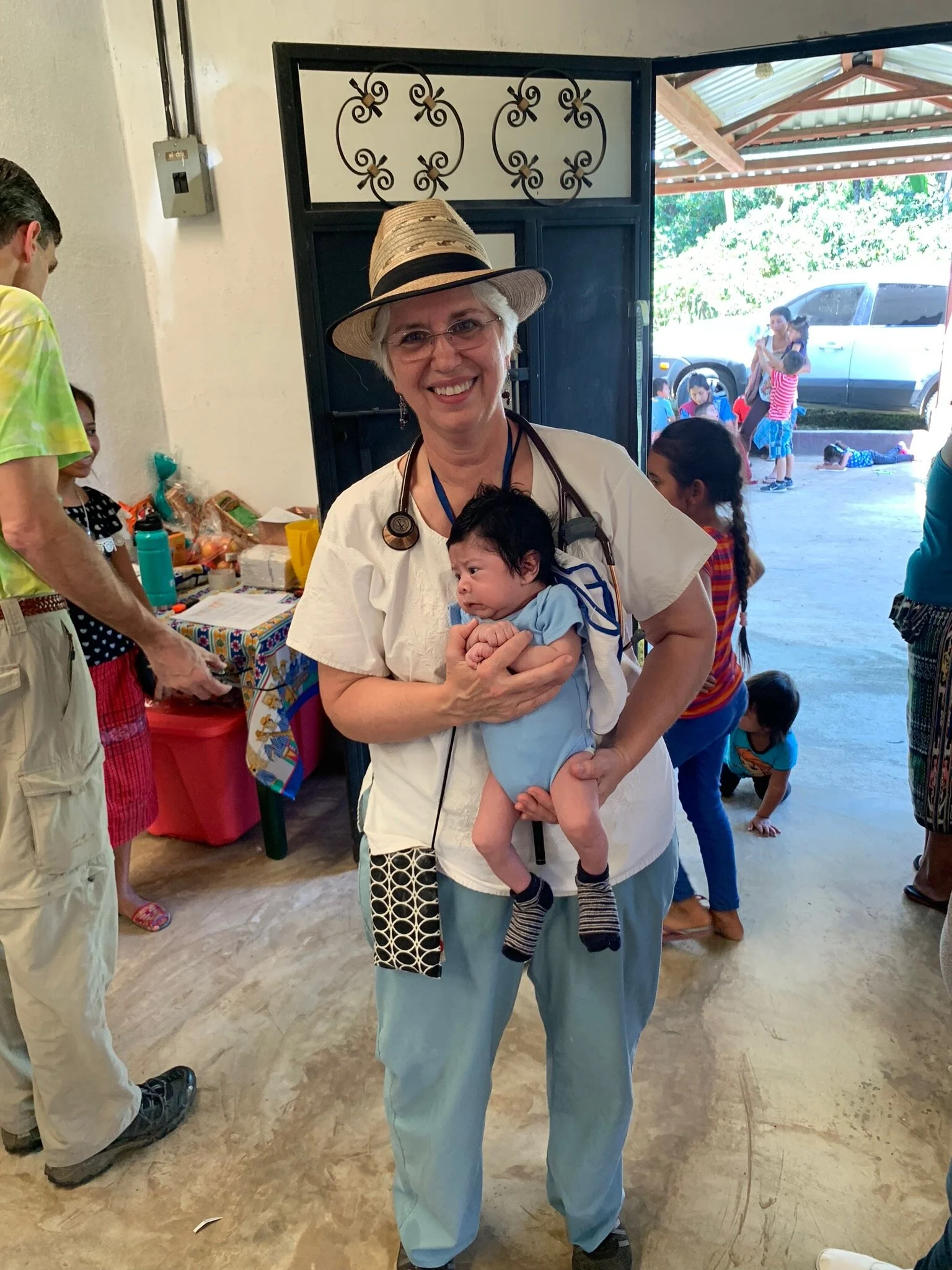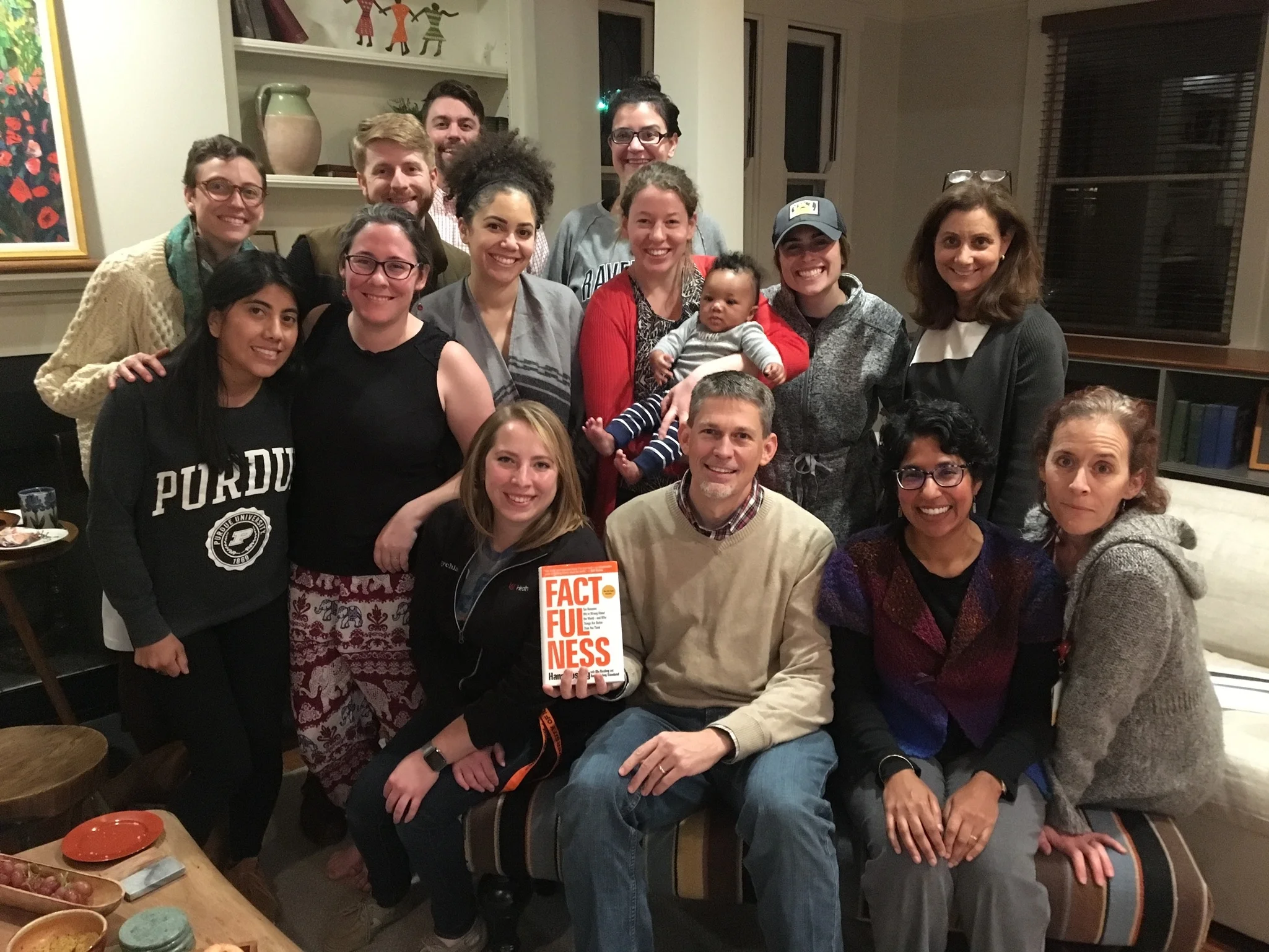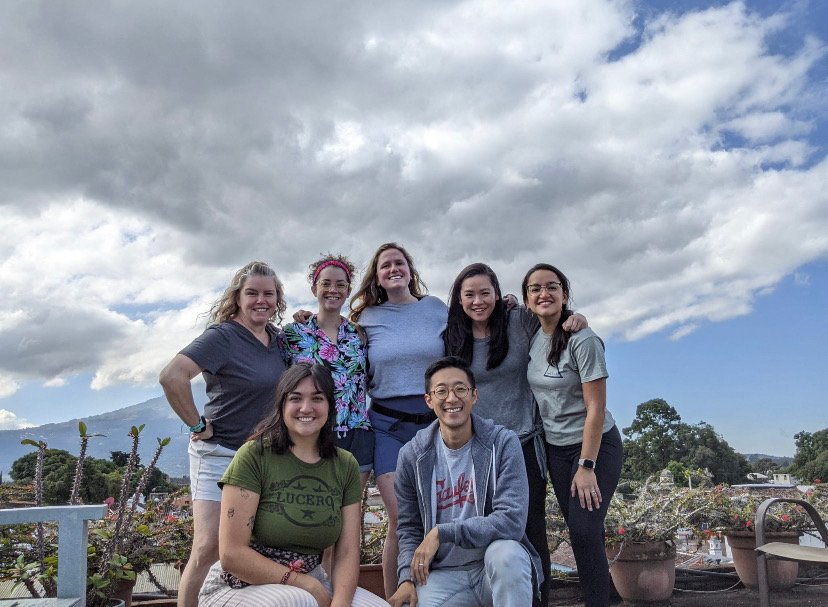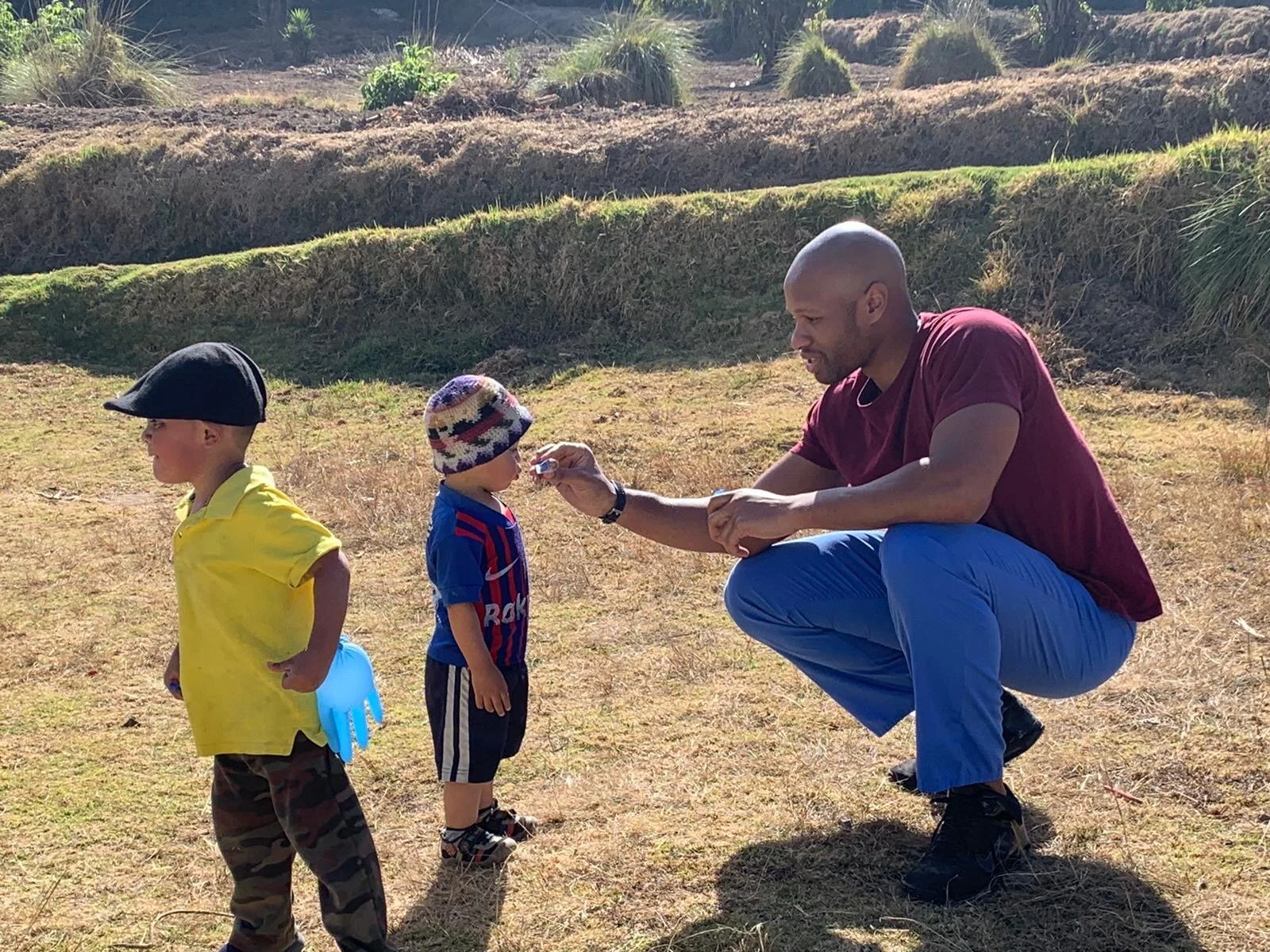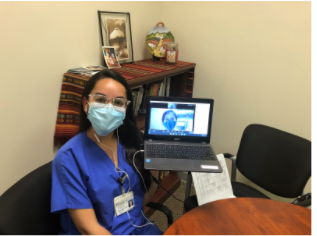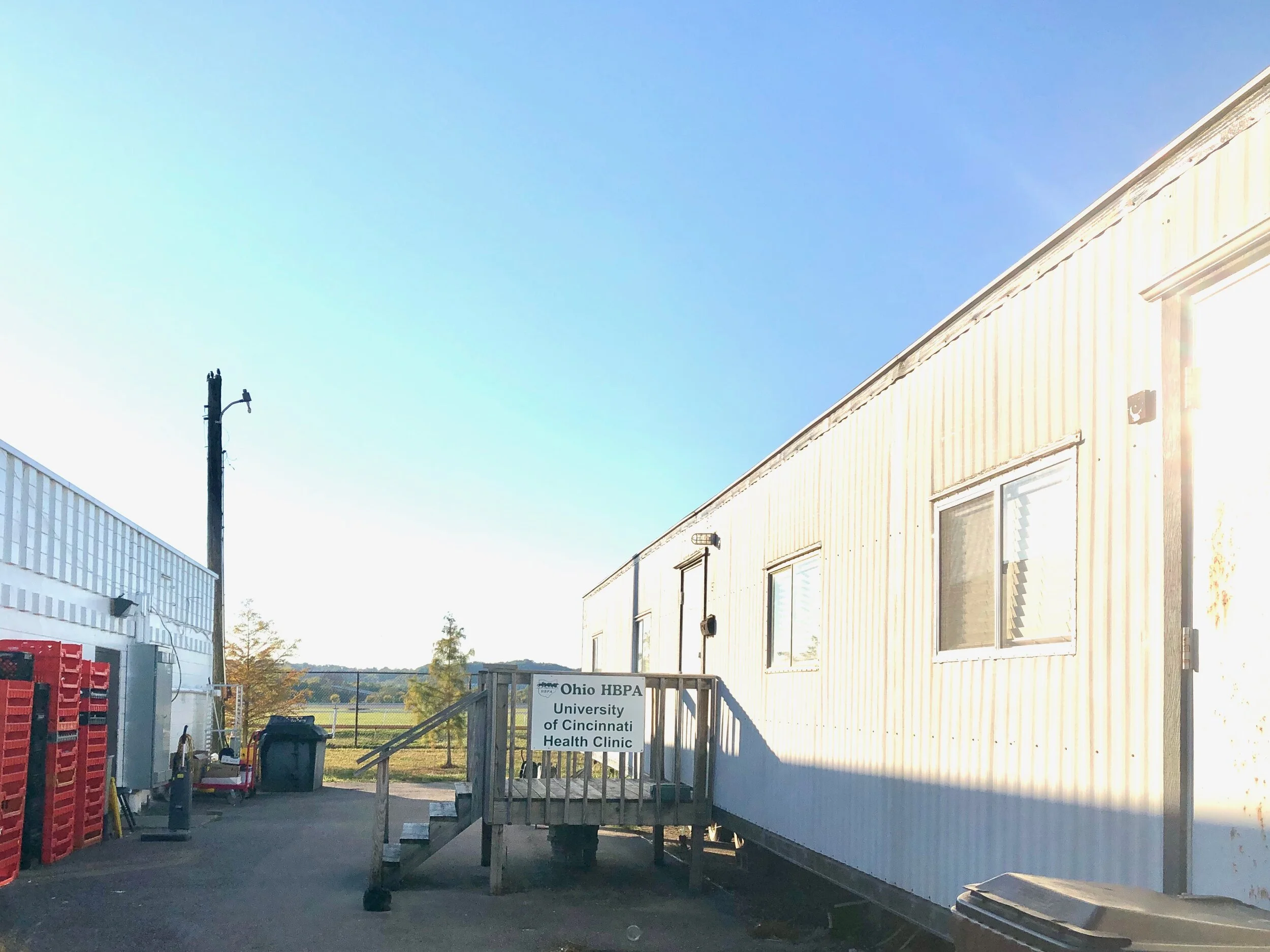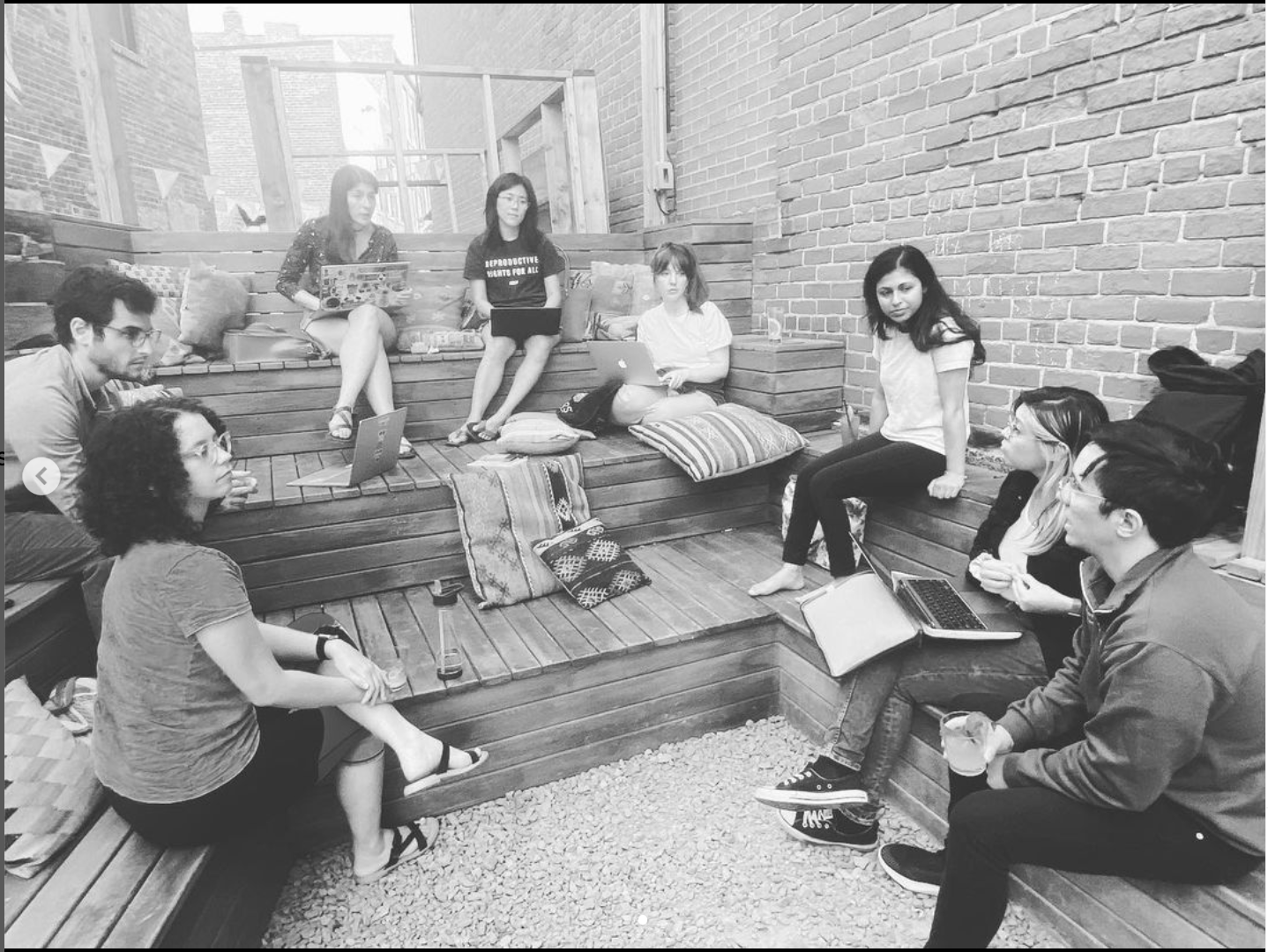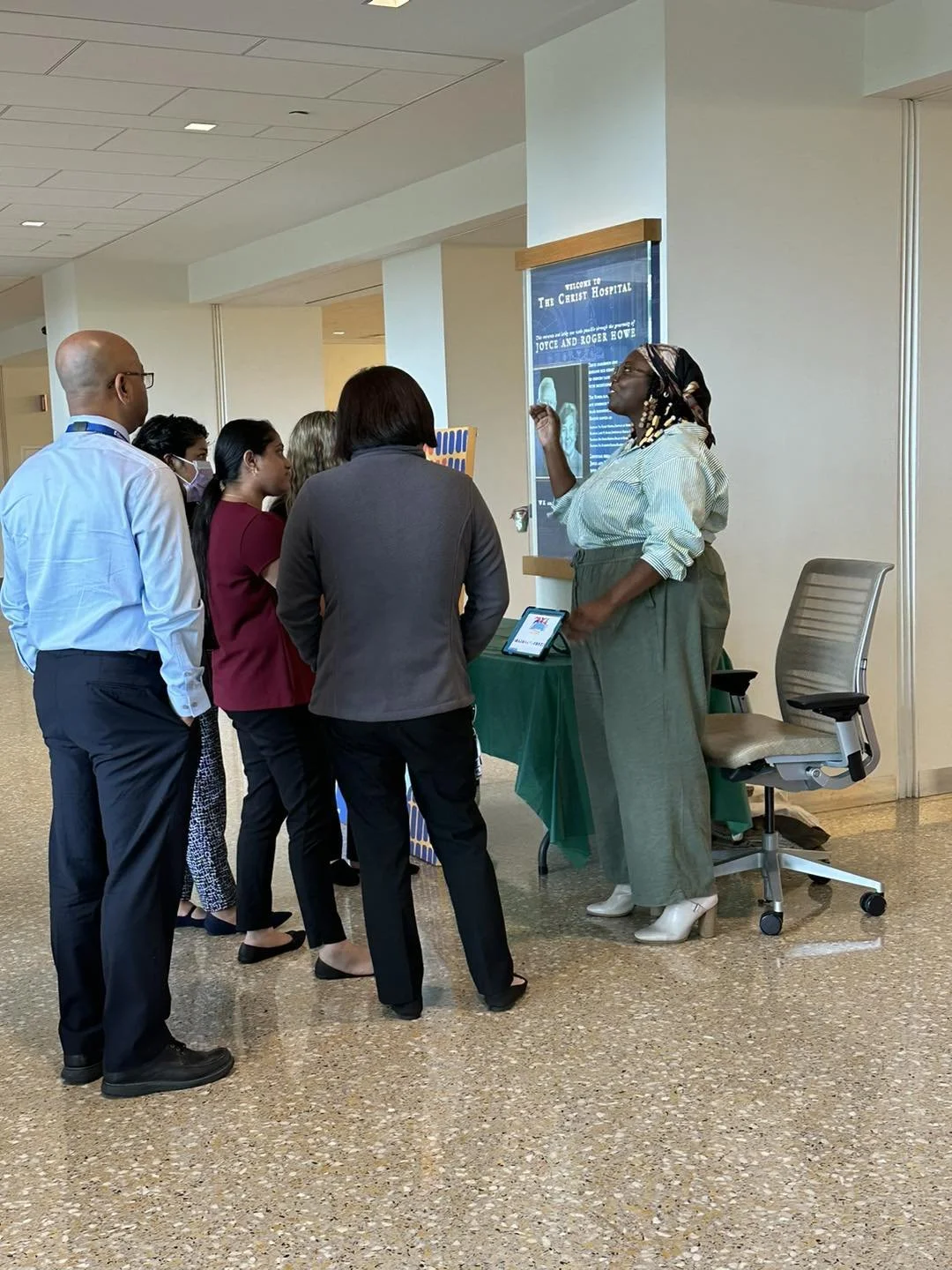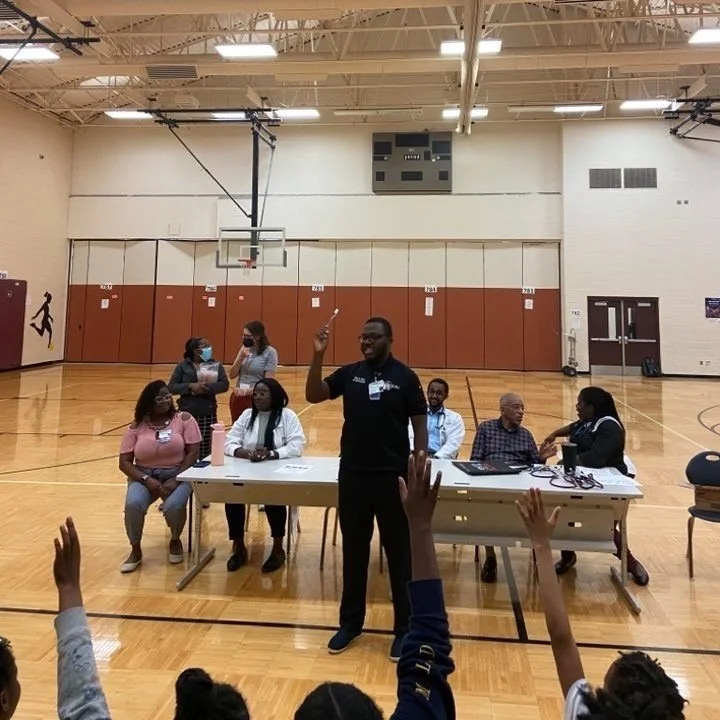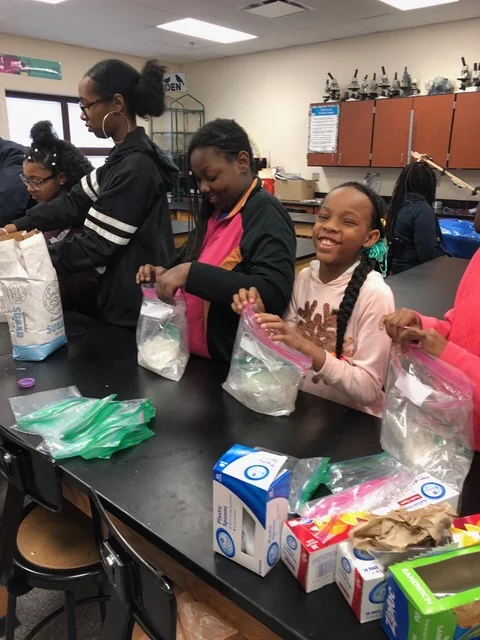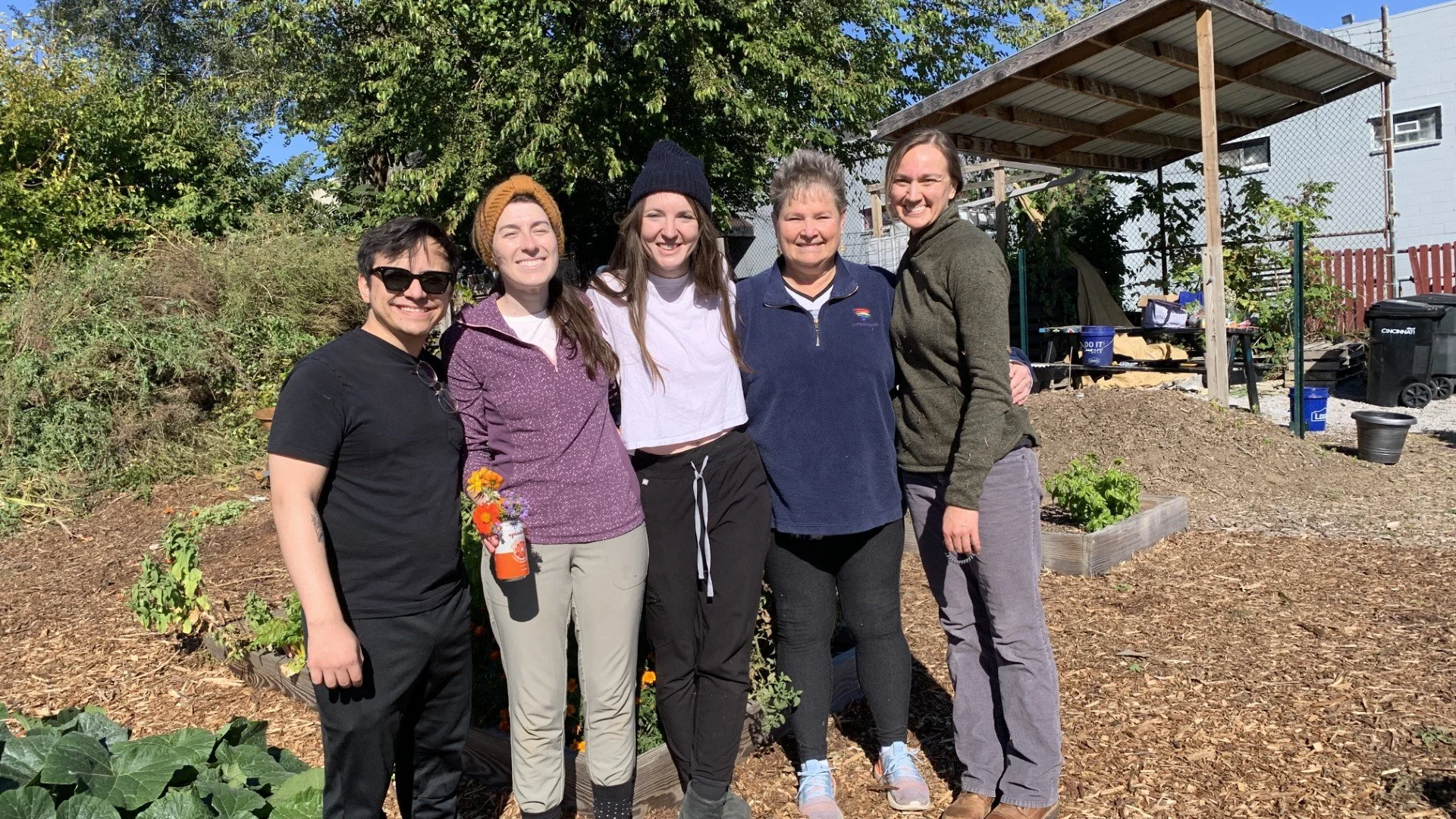Global Health
History | Philosophy of Training | Curriculum Topics | Global Health Experience
Underserved health
Continuity Sites | Addiction Medicine | Advocacy and Action Against Racism | Community Engagement | Climate Change
Our history
Our program is nationally known for its longitudinal training in Global Health. A pioneer in the Global Health field since 1991, we have a long-standing commitment to train and inspire adaptable physicians to lead and serve in healthcare for underserved and vulnerable populations both in the United States and internationally.
Our curriculum reflects this commitment, featuring integrated global health rotations, monthly global health conferences, diverse scholarship opportunities, and strong community medicine experiences.
Our residents are encouraged, but not required, to participate in our global health experiences. Residents enjoy fully funded trips during their first two years and $2000 towards a third-year experience. Our dedicated faculty members have broad experience as long-and short-term medical providers in Honduras, Cambodia, Haiti, Cameroon, Kenya, Tanzania, and Armenia.
Our global health philosophy
We train family physicians to work with vulnerable populations: whether they live across the world or in our own backyard. Vulnerable populations are those patients who are economically, politically, culturally, ethnically, geographically or in any way marginalized. We view Global Health as a multidisciplinary approach to health that takes into account all the determinants of health- social, environmental and physical.
Our curriculum includes speakers from many disciplines: anthropology, nursing, dentistry, pediatrics, public health, and psychiatry. This framework allows us to address issues which face vulnerable populations everywhere, and prepares the physician to address these issues, in whatever practice setting they find themselves.
A few current curriculum topics include:
Social determinants of health
Public policy, advocacy, and leadership
Community and population health
Cultural competence
Disaster relief and health care systems
Models of medical care
Nutrition, child health, education
Women's health in foreign countries
Infectious disease
Care of LGBTQIA+ patients in a global setting
Chronic disease management
Mental health
The current Global Health experience
Our current partnership is with Wuqu' Kawoq: Maya Health Alliance, a non-profit organization based in Guatemala. This organization provides care to rural, indigenous Mayan communities in their native languages. Wuku' Kawoq's nurses and physicians collaborate with the Guatemalan healthcare system by integrating with local health promoters to expand on preexisting health resources and infrastructure.
Our residency program has been partnered with this organization since 2015 to increase their medical services offered throughout the year, although care continues to be provided primarily by medical workers in-country, even in our program's absence. In addition to direct patient care, the residency has worked with the organization on a variety of quality improvement and public health projects, including women's health, chronic disease management, and mental health.
We are currently working with the organization to integrate telehealth visits into our collaboration and may soon be able to provide health care remotely for some of Wuqu’ Kawoq’s communities.
Check out the TCH/UCFM Global Health Facebook Page!
Check out this GLOBAL HEALTH PODCAST created by one of our very own residents, Samantha Lammie!!
Underserved care in our own community
Aside from learning to care for vulnerable populations in international resource-limited settings, you will have long term continuity clinic sites within the Greater Cincinnati community.
In addition to the Family Medicine Center where residents carry a patient panel reflective of our city demographics, we receive extensive training in cultural competency, the racial history of our city, and social determinants of health. We have an expanded reach through our continuity sites, where each resident will practice medicine longitudinally at one of the following:
Crossroad Health Center: An urban, faith-based Federally Qualified Health Center located in Over-the-Rhine that serves many inner city and underserved patients.
McMicken Health Collaborative: An urban clinic in the Over-the-Rhine neighborhood serving mostly patients experiencing homelessness, and those with mental illness. Works with a lot of patients who are transitioning out of the prison system and also provides care in addiction medicine.
Good Samaritan Free Clinic: A philanthropically supported free clinic in the Price Hill neighborhood that focuses on providing comprehensive care to uninsured adults, including a large immigrant and hispanic population.
Additionally all residents will have opportunities to spend time at the Belterra's Race Track Clinic: A clinic for mostly migrant and undocumented workers at a local horse race track
ADVOCACY AND ACTION
Although much of our work over the years has aimed to address health and socioeconomic disparities, we are determined to deepen our commitment to antiracist work and acknowledge intersectionality and intersecting oppressions in our practice as clinicians and community advocates.
We have concentrated our energy on improving systems and committing to antiracist approach to medicine. Our new Antiracism Task Force launched in 2022, and continues to build momentum. A resident-led initiative, we have built a safe and anonymous reporting line for microaggressions in the workplace, integrated racial disparities into all educational conferences, and engage with the hospital system and community to address patient issues.
Some residents and faculty are getting involved in de-incarceration efforts locally and nationally, contributing to bail relief funds and donating to organizations like the Pretrial Justice Institute and the Equal Justice Initiative. We are working hard to attract diverse applicants and diversify our resident and faculty communities. Many more meetings are in the works. We are committed to taking more action. We have much work to do.
Our residents are bonded by our dedication to social justice, and you can often find us collaborating on advocacy work over a meal or a drink. From antiracism to reproductive health access to voter registration, we work together to fight for justice on the hospital, local, and global level.
community engagement
Another exciting recent addition to our program is a partnership with Walnut Hills, an urban neighborhood in close proximity to the hospital. The Walnut Hills Committee is dedicated to creating opportunities for residents, faculty, and staff to further engage and serve the community outside of the clinic. Walnut Hills is one of the oldest neighborhoods in Cincinnati, rich in history and culture, and home to many of the patients we serve at the Family Medicine Center. In the Walnut Hills Committee, we are fortunate to partner with other local organizations dedicated to promoting education, safety, health equity, and well-being for members of the neighborhood, such as the Walnut Hills Redevelopment Fund and Center for Closing the Health Gap. Past collaborations with these organizations include healthy food access through volunteering at local community gardens and educational outreach through our Road to Medicine program. Over the course of this next year, we also plan to provide cooking classes (either remotely or in-person, depending on COVID-19 risk) for families in the Walnut Hills community. We are always looking to establish new connections in the community and opportunities to empower the neighborhood.
Residents Andrea Rosado and Andrea Jaramillo visiting supermarkets and restaurants to help educate the Latino community about COVID-19.
Addiction medicine
The Addiction Medicine Rotation is a 4 month longitudinal experience to develop comfort in the identification, diagnosis, and treatment of patients who suffer from a Substance Use Disorder (SUD). In the US, opioid overdose has surpassed all other causes of death for people under 50! As family physicians, we must have the skills to diagnosis and guide our patients to treatment of SUD. To meet this goal, all interns will work for 4 months longitudinally in Brightview Health working directly with the physicians, counselors, and social workers in the clinic. Each resident will complete the online ASAM buprenorphine waiver training program and experience a fully holistic, interdisciplinary approach to care for patients suffering from SUD. We are currently expanding these opportunities to include working at the University of Cincinnati and at the VA to increase residency training in addiction medicine. Residents with an interest in addiction medicine have opportunities to spend more time in this important field of medicine.
CLIMATE CHANGE AND VULNERABLE COMMUNITIES
The Green Committee is a relatively new resident-run committee aiming to address sustainability issues, both in the Christ Hospital system and in our communities. Extreme weather events overlap with adverse health effects, political instability, poverty, displacement, poverty, food insecurity, and problems related to unreliable infrastructure the world over, and our residency hopes to work with the local healthcare systems to both improve sustainability efforts and foster resiliency in local communities and the broader political and public service infrastructure. Look for more info on projects led by the Green Committee coming soon!


